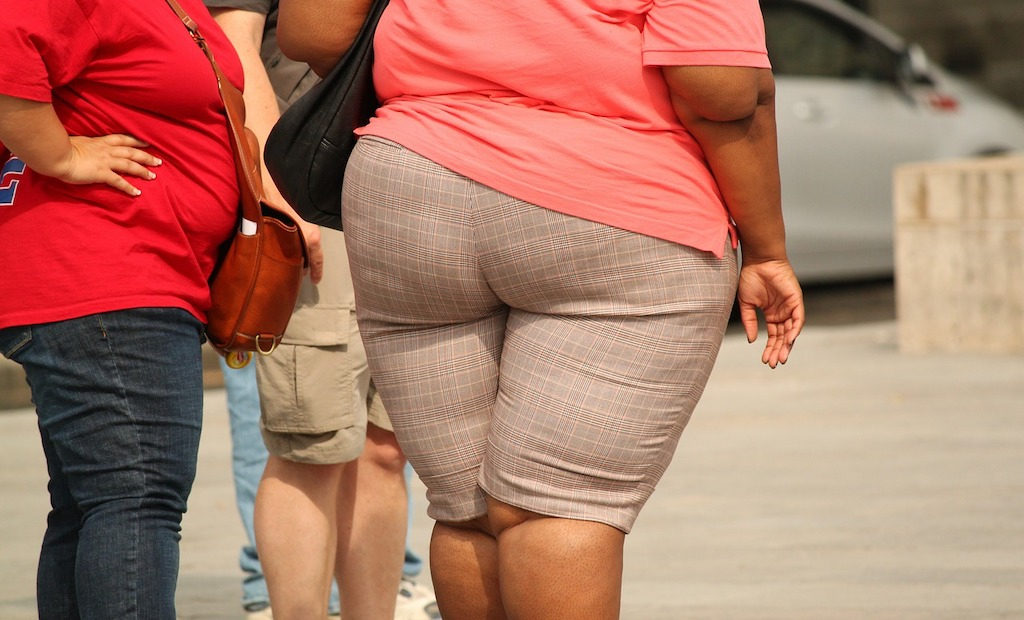The end of obesity? Weight loss vaccine shows incredible results

A recent study has revealed promising initial results leading the world to believe it could be possible to remain slim in spite of eating a lot.
Dr Keith Haffer of Braasch Biotech LLC, a private company that specialises in the development of human and animal vaccines, developed two different versions of vaccines JH17 and JH18 from the somatostatin hormone, before testing them on two groups of ten diet-induced obese male. These mice were then compared to another group of ten control mice that were given saline injections instead.
Somatostatin is a peptide hormone that inhibits the release of growth hormone and insulin-like growth factor (IGF-1), which in turn increases the metabolism rate, thus resulting in weight loss.
According to the Journal of Science and Biotechnology’s report, the mice were given the vaccination at day one and then at day 22, period throughout which they were on a high fat diet.
Four days after the initial vaccinations, the JH17 and JH18 vaccinated mice lost 10% of their weight; result not reciprocated by the control mice.
On day 22, the mice were given a reduced vaccine dose, after concerns for their health as they suffered drastic weight loss following their first injection.
The final results revealed that the vaccinated mice possessed antibodies to somatostatin thus reducing the body weight in a sustainable manner without affecting the normal levels of growth hormones.
Dr Haffer said: “This study demonstrates the possibility of treating obesity with vaccination. Treatment of human obesity with vaccination would provide physicians with a drug and a surgical-free option against the weight epidemic.”
However, responding to the recent findings the NHS researchers were sceptical, arguing the vaccinations were more a mean to prevent weight gain then achieve weight loss. They wrote: “After the second dose, there was an initial weight loss of about 2% of body weight, but soon the mice began to gain weight again.
“While all the mice ate similar amounts of food, the vaccinated mice gained significantly less weight than the control mice.”
The NHS also pointed out that the lack of similar basic solutions in the vaccines and in the control injections were a major limitation of the study, as the solution used in the vaccine could have trigged the effects rather than the vaccine itself.
In conclusion they wrote: “The idea of a treatment that allows people to continue to eat what they like and not gain weight is still a fantasy.”
Rajeeb Gurung























Facebook
Twitter
Instagram
YouTube
RSS